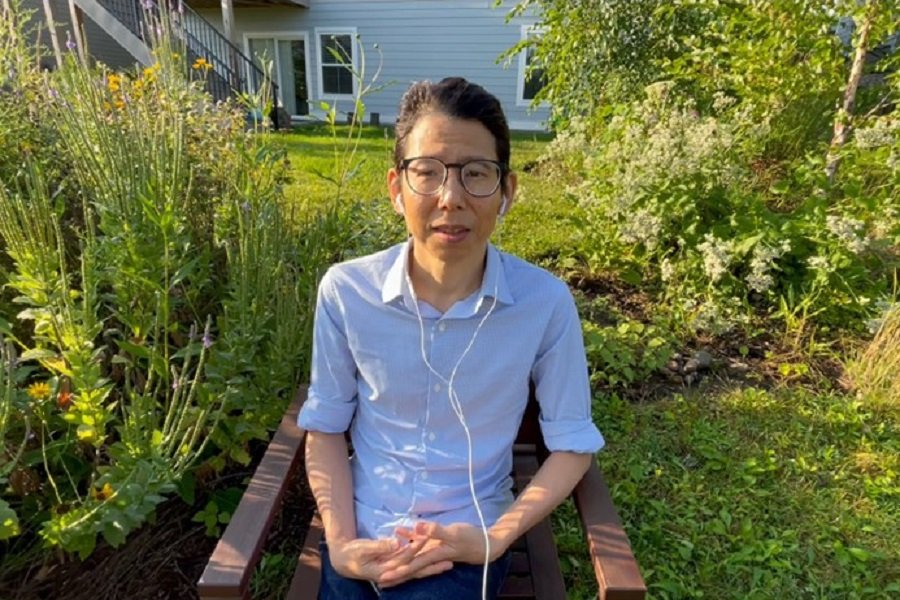SRC honors Professor Chris Kim with Sustainable Future Award

The Semiconductor Research Corporation has awarded Professor Chris Kim with the 2024 Sustainable Future Award for his “groundbreaking contributions to energy efficiency and sustainability.” Kim, who is a McKnight Presidential Endowed Chair at the University of Minnesota, has been the innovative force behind the development of a quantum inspired Ising solver chip that is based on existing silicon-based semiconductor technology. The chip is capable of solving complex optimization problems, most common and relatable examples of which are scheduling (for instance, airline schedules) and logistics (delivery of goods and services).
Kim and his team of scientists have designed this particular Ising solver chip keeping in mind that problems in the real world are most efficiently and effectively solved by all round connectivity, where messages in the form of signals can be sent and received to multiple entities/nodes simultaneously. Such an arrangement enables free exchange of information from each node to all other nodes which speeds up time to solution.
To overcome the hardware, connectivity, and time limitations of this approach, Kim uses quantum computing as a launching point while situating the chip design within standard CMOS technology. Straddling the worlds of quantum computing and classical silicon-based computing, the quantum-inspired Ising solver chip emulates qubit behavior using classical device technologies. The design enables faster computation, so you can arrive at a solution rapidly while also consuming less energy. Besides, the use of existing silicon technology provides the added advantage of better scalability. In a nutshell, existing chip manufacturing technologies and design software have been combined to demonstrate a microchip that can find the optimal solution by emulating quantum properties. The details of the research were published in a Nature article in August 2023 titled, “An Ising solver chip based on coupled ring oscillators with a 48-node all-to-all connected array architecture.” At the time of publication Kim had commented, “The Ising solver chip our team has developed offers distinct advantages: it can solve complex optimization problems rapidly by offering faster computation, consuming less energy, and better scalability.”
SRC in its news post on Kim’s award emphasizes the significant energy impact of his work. They indicate that while current state-of-the-art quantum machines demand a staggering 25 kilowatts of power for cryogenic cooling, Kim's solution operates on a mere 0.03 watts using standard CMOS technology, which is approximately one-millionth of the power required by conventional quantum systems.
Reflecting on the award Kim says, “When I received the news from SRC about winning this year’s Sustainable Future Award, I thought it had something to do with the lifestyle changes I made almost five years ago—becoming a vegan, selling my gas car and barbeque grill, cutting back on personal travel, and adopting a minimalist lifestyle. Since then, sustainability has become the foremost consideration in both my professional and personal life. As a direct result, my students and I developed a method for quantum computing that doesn’t require huge amounts of energy to cool these exotic devices. We are all fortunate to work in a field where our technical contributions have a direct positive impact on the sustainability of our planet.”
The award was presented at SRC's TECHCON held earlier in September in Austin, Texas. TECHCON is the key event in SRC's research and workforce development efforts, and it is attended exclusively by member company engineers, scientists, and recruiters, and offers opportunities to network, exchange knowledge, and share career insights.
Read SRC’s announcement of the 2024 Sustainable Future Award
Read the full paper titled “An Ising solver chip based on coupled ring oscillators with a 48-node all-to-all connected array architecture” without a subscription.